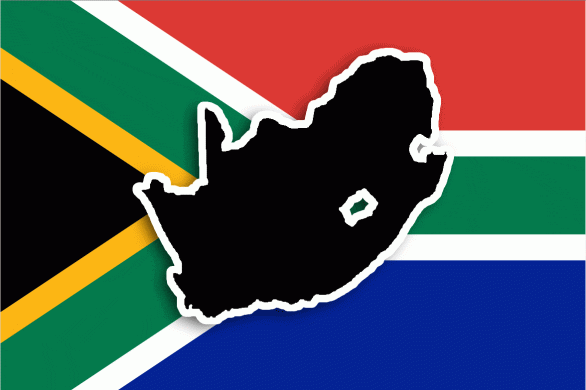Af Charlotte Lemanski
20 år efter apartheid-systemet blev lagt i graven, lever raceadskillelsen i bedste velgående, skriver den britiske seniorforsker, som tager udgangspunkt i sine studier af forholdene i Kapstaden.
This time, the segregation is based not only on race or colour, but also on affluence (though in South Africa the two remained closely entwined). South Africans with enough money often choose to live within gated communities and shield themselves from the rest of society.
Despite South Africa’s recent history, there is no public debate about this new segregation. During the presidency of Thabo Mbeki (1999-2008), economic inequality and its effects were discussed, although no radical measures were ever taken.
Today, few in the public arena are talking about the fact that apartheid is being resurrected in South Africa.
This is hardly surprising, however, as decision-makers and other powerful people are often the very ones who live in gated communities.
Neither do poor people talk about this subject, as they have other, more pressing, things to deal with, such as gaining access to clean water, electricity, public transport and other key societal functions.
Farligere at være fattig og sort end rig og hvid
My interviews with residents of gated communities in Cape Town indicate that the majority choose to live there in order to create a form of “security” (not just safety from crime, but also a rural-esque (landlig) lifestyle) for their families.
South Africa is at the wrong end of world crime statistics, but those most afraid of becoming victims of crime are the people least likely to be affected.
Statistically, in terms of personal crime it is more dangerous to be poor and black in South Africa, than rich and white (although the latter are at a serious risk of property crime).
I have been examining Cape Town’s municipal programme for providing formal housing and homeownership for people living in informal shantytowns.
My research shows that getting “proper” houses does not necessarily mean that poor people leave poverty behind.
They may continue to be unemployed, or unable to afford the cost of public transport, or connection to the power grid (el-nettet). Only those earning less than 3,500 rand are entitled to municipal free housing (gratis bolig fra kommunen).
It is a problem, because many people earn just a little more than the cut-off, but still can not afford a house or have a chance to get a bank loan. In other words, they earn too much to get help but too little to make it on their own.
Økonomisk ingenmands-land
Many in this economic no-man’s land instead buy houses from those who got them from the municipal programme, despite such sales being illegal.
This practice undermines the idea of the programme, as the sellers end up moving back to their informal settlements (slumbyer).
The city planners say that people don’t know what’s good for them, or don’t understand the value of the houses, and are thus, easily cheated.
The truth, however, is that they are so poor and see a chance to get some money. These houses are also the only ones this group of buyers can afford.
Man kan se hendes forelæsning på video via
http://www.nai.uu.se/events/multimedia/26-feb-2014-lemanski
Charlotte Lemanski has a BA (hons) degree in Political Science from the University of Durham (1995-1998), and MSc in Development Management from the London School of Economics (2000-2001), and a DPhil in Geography from the University of Oxford (2002-2005).
She worked for a street-children project in South Africa from 1999-2000, completed fieldwork in South Africa from 2003-2004, and returned in 2006 to complete a postoctoral research position at the University of Cape Town.
In January 2007 she joined UCL’s (University College London) Department of Geography as a lecturer, and was promoted to Senior Lecturer in October 2012.
Se også
http://www.nai.uu.se/news/articles/2014/03/13/143347/index.xml#sthash.Uqj6y2iw.dpuf
Artiklen stammer fra et nyligt nyhedsbrev fra Nordiska Afrikainstitutet (NAI) i Uppsala i Sverige.














